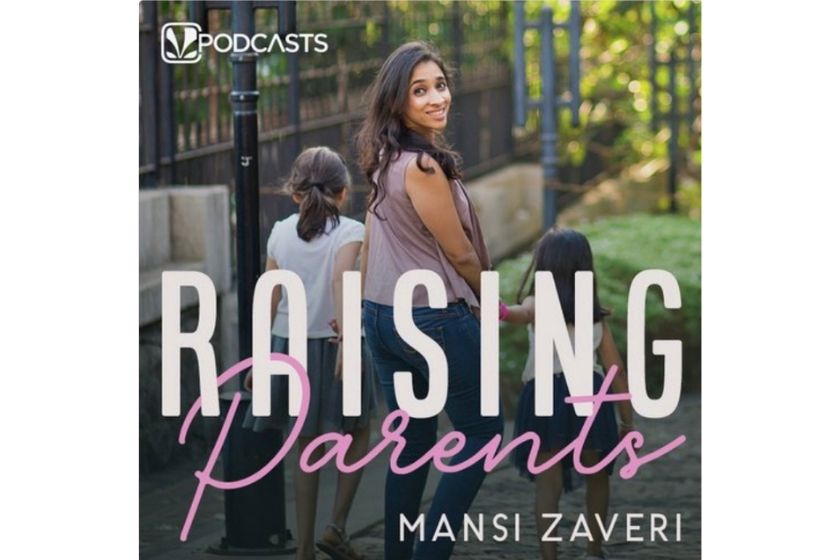If you have a child with special needs, acceptance may not come to you as easy as love. As an Indian Tiger Mom, I wanted my son to be first at everything and bring home medals from competitions. But he had other ideas. Always marching to the beat of a different drum, he never conformed to his peers, seemingly obsessed with computers rather than winning prizes. I had a tough time accepting his interests that did not fit in with the mainstream.
You may also like: What you need to know about Learning Disorder
The trouble with ADHD:
And then, his ADHD diagnosis changed everything and put things into perspective. What I didn’t realize was that, although he wanted to do well, my son was struggling with basic issues. ADHD was affecting not just how he learned but also how he interacted with others, often coming across as impulsive and immature. By the time he turned 10, he had been bullied and was often left out of social events with peers.
How can you worry about winning competitions when you are struggling with self-esteem and feeling like you are not good enough? I shudder now to think that, back then, he was coming home after school to an environment just as stressful – where he felt the weight of parental pressure to be the best at everything, from academics to athletics.
It was then that I made the conscious decision to adjust my expectations and accept my son for who he is. I quit micromanaging him and trying to get him to “fit” with his peers. I no longer expect conformance – instead, I appreciate his uniqueness. He may not be athletic, but he has other strengths. This acceptance has liberated him to explore his interests with confidence rather than fear.
Children with special needs crave acceptance – acceptance helps them move forward. Recognizing a child for who he is, without trying to change him into your ideal of what he should be, is the essence of acceptance.
“Acceptance is not just an issue with special needs kids – we all need acceptance,” says Peter Berg, Ed.D., author of “The Tao of Teenagers: A Guide to Teen Health, Happiness & Empowerment” and founder of Youth Transformations, a youth counselling services organization. Speaking of the dangers of trying to fit our children into boxes, Dr. Berg says: “We ‘overparent’ so much that when kids turn 18 and are let loose in this world, they can’t self-regulate or make good decisions on their own. They end up in professions they don’t like, and sometimes, relationships crumble, and they don’t talk to their parents for years.”
So, how can we practice acceptance? Dr. Berg offers 3 tips for parents:
1. Listen without judgment
Let your child express himself, without criticizing him when he shares information about what he wants to try, no matter how farfetched it may sound. Make time for conversations to understand his interests and where he is coming from. You may not agree with his choices, but talking to him non-judgmentally will make him feel heard, which means he will more likely let you guide him toward the right choices.
2. Believe in your child’s best intentions.
If a child is not showing interest in an activity, we may think it’s because he is lazy or just being defiant. “It’s the natural inclination of every human to learn, but kids push back or even shut down when forced into activities that are not in line with their interests,” says Dr. Berg. Believe that the child is interested in learning, and allow him to articulate what he wants to do.
3. Be available for support and guidance
When your child has expressed an interest in something, there are different ways in which you can demonstrate support. You may enrol him in a program, find an expert who can mentor him or even educate yourself by seeking additional information about his area of interest. This does not mean we give kids free rein to let them do what they want. If your child’s interest makes you nervous, let him know how it’s making you feel and establish clear guidelines before proceeding.
Of course, the common theme here is communication between parent and child. Even if they don’t show it, children value having these dialogues, and ideally, this starts at a young age; the sooner you start the better, so you develop more trust. Whatever you do, the message you send is a powerful one, saying “we take you seriously, your ideas count
You may also like: Expert take on Learning Disorders
Managing expectations
Accepting my son does not mean I have let go of or lowered expectations. Our message to him is to hold himself accountable for his actions, work on improving himself and put in his best effort in whatever he chooses to do. In closing, I would like to share Emily Anhalt’s inspiring TEDx Talk, The Trouble with Normal: My ADHD the Zebra, in which she speaks about how acceptance empowers people with ADHD.
Do you have a child with special needs? If so, has acceptance been easy for you? What do you think? Please share your success stories and comments.
Don’t forget to follow us on Facebook, Twitter, Instagram & Pinterest or subscribe to our Youtube Channel for more information.




















